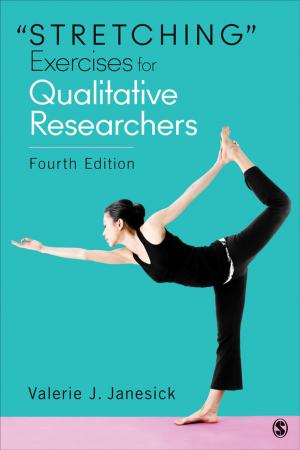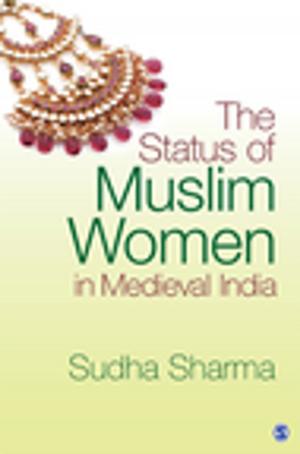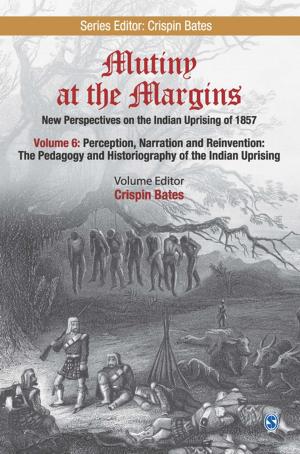Analyzing Inequalities
An Introduction to Race, Class, Gender, and Sexuality Using the General Social Survey
Nonfiction, Social & Cultural Studies, Social Science, Sociology| Author: | Catherine E. Harnois | ISBN: | 9781506304137 |
| Publisher: | SAGE Publications | Publication: | January 30, 2017 |
| Imprint: | SAGE Publications, Inc | Language: | English |
| Author: | Catherine E. Harnois |
| ISBN: | 9781506304137 |
| Publisher: | SAGE Publications |
| Publication: | January 30, 2017 |
| Imprint: | SAGE Publications, Inc |
| Language: | English |
Analyzing Inequalities: An Introduction to Race, Class, Gender, and Sexuality Using the General Social Survey by Catherine E. Harnois is a practical resource for helping students connect sociological issues with real-world data in the context of their first undergraduate sociology courses. This worktext introduces readers to the GSS, one of the most widely analyzed surveys in the U.S.; examines a range of GSS questions related to social inequalities; and demonstrates basic techniques for analyzing this data online. No special software is required–the exercises can be completed using the Survey Documentation and Analysis (SDA) website at the University of California-Berkeley which is easy to navigate and master. Students will come away with a better understanding of social science research, and will be better positioned to ask and answer the sociological questions that most interest them.
Analyzing Inequalities: An Introduction to Race, Class, Gender, and Sexuality Using the General Social Survey by Catherine E. Harnois is a practical resource for helping students connect sociological issues with real-world data in the context of their first undergraduate sociology courses. This worktext introduces readers to the GSS, one of the most widely analyzed surveys in the U.S.; examines a range of GSS questions related to social inequalities; and demonstrates basic techniques for analyzing this data online. No special software is required–the exercises can be completed using the Survey Documentation and Analysis (SDA) website at the University of California-Berkeley which is easy to navigate and master. Students will come away with a better understanding of social science research, and will be better positioned to ask and answer the sociological questions that most interest them.















